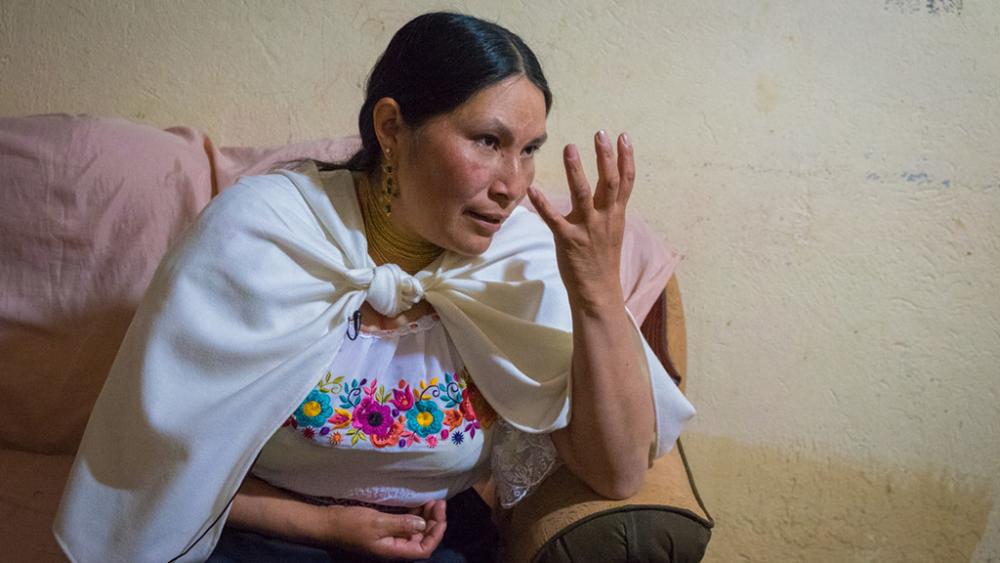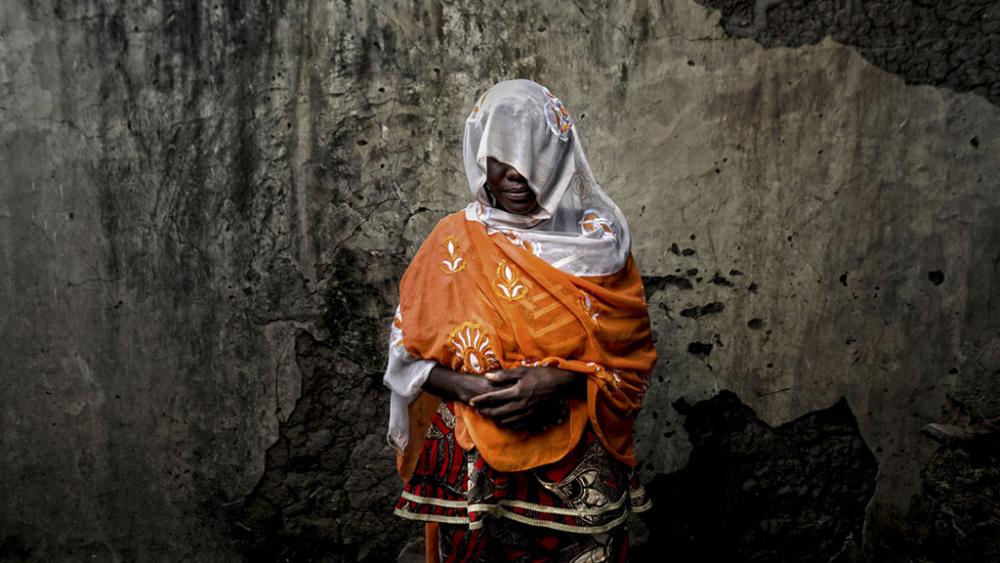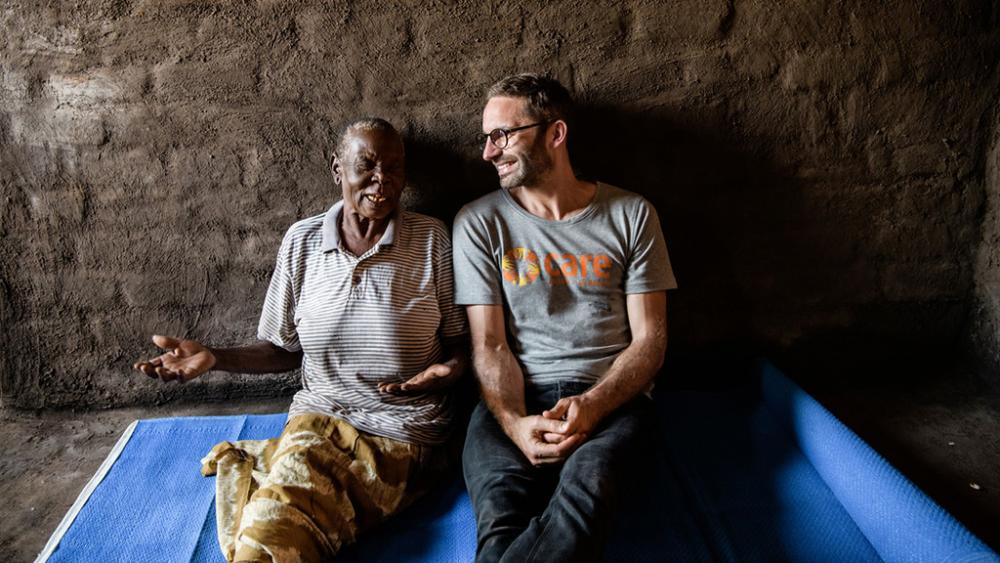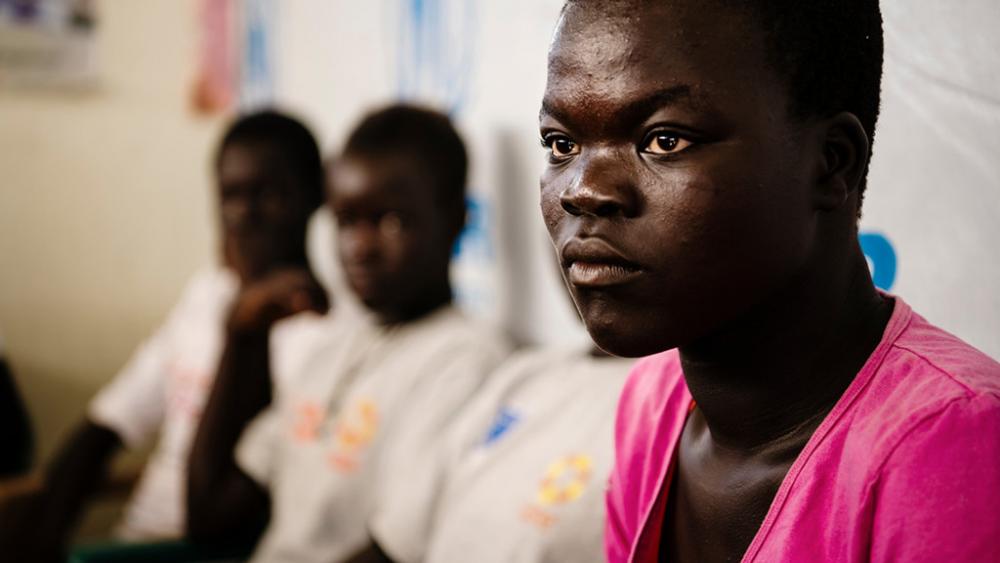Gender-Based Violence
What Is Gender-Based Violence (GBV)?
CARE works to address multiple forms of GBV through its work, including:
- Intimate partner relationships and violence, and
- Child and early forced marriage and other harmful traditional practices,
- Social norms related to toxic masculinities, homophobia and transphobia, and
- Gendered economic exploitation and exclusion.
CARE defines GBV as:
a harmful act or threat based on a person’s sex or gender identity. It includes physical, sexual and psychological abuse, coercion, denial of liberty and economic deprivation, whether occurring in public or private spheres. GBV is rooted in unjust power relations, structures and social/cultural norms.
GBV remains a critical rights violation committed against people based on their gender identity, gender expression or sexual orientation. GBV itself is often used as a tool to dominate and intimidate to reinforce gendered inequalities among and across groups (for example, through family and peer pressures; policies and programs that criminalize certain sexualities, or powerful social norms that perpetuate child marriage).
In CARE’s experiences, GBV has been used to control and stop people from entering the work force or making choices about their lives (including decisions related to sexual and reproductive health, their food and nutrition, etc.). GBV is a driver and a consequence of social and political exclusion, conflict, gender inequality and poverty. GBV can undermine the effectiveness of health, education, agriculture and other programs; for instance, when the threat of violence keeps certain people from participating or accessing services based on their gender status or sexuality. In some cases, development interventions can also trigger violence: for example, when women's income, public participation or mobility are perceived as threatening and cause backlash in households. Given how interventions across sectors interact with people of different genders, monitoring, mitigating and responding to GBV is important for ethical and effective programming in all of development and humanitarian work.
More Information on Gender-Based Violence:
GBV: Stats and Facts
The scale and nature of gender-based violence globally, and evidence on what factors influence it.
Learn more




